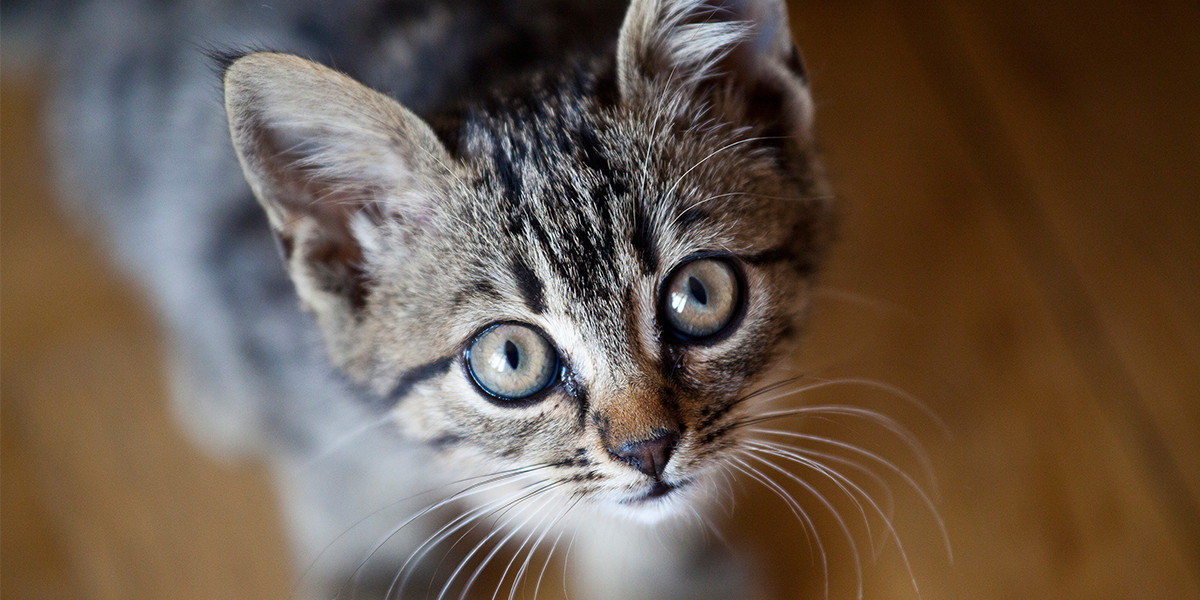Constipation is a common concern for cat owners, and just like humans, cats can sometimes struggle with hard stools and infrequent bowel movements. Understanding how to help your feline friend when they’re constipated is crucial for their comfort and health. One of the solutions often recommended, and available in various forms, is a Stool Softener For Cats. This article will explore what stool softeners are, how they work, and when they can be a helpful remedy for your constipated cat.
Understanding Cat Constipation and the Role of Stool Softeners
Cat constipation occurs when your cat has difficulty passing stools. This can manifest as infrequent bowel movements, straining in the litter box, or passing small, hard, dry feces. Several factors can contribute to constipation in cats, including dehydration, a diet lacking in fiber, hairballs, stress, and underlying medical conditions.
Stool softeners are medications designed to alleviate constipation by making stools easier to pass. They work by increasing the water content in the feces, which softens them and allows for smoother and more comfortable elimination. Unlike laxatives that stimulate bowel movements, stool softeners gently aid the natural process, making them a milder option for managing feline constipation, particularly for occasional or mild cases.
Types of Stool Softeners for Cats
Several types of products function as stool softeners and are available for cats, some over-the-counter and others requiring veterinary prescription. Here are a few common examples, drawing from both over-the-counter options and those mentioned in the original article, but focusing on their stool softening properties:
Over-the-Counter Options:
-
Fiber Supplements: Increasing dietary fiber can naturally soften stools. Certain cat foods are formulated with higher fiber content, or fiber supplements can be added to their meals. Fiber absorbs water in the digestive tract, adding bulk to the stool and making it softer.
-
Lubricant Laxatives (like Katalax & Cat Malt): Products like Katalax and Cat Malt, mentioned in the original article, contain ingredients like paraffin and oils. While marketed for hairballs, their lubricating properties also help soften stools and ease passage. These are available over-the-counter and can be helpful for mild constipation and hairball-related issues.
-
Laxapet: Similar to Katalax and Cat Malt, Laxapet contains oils and vitamins. It’s also available over-the-counter and can act as a stool softener, particularly useful for constipation related to hairballs.
Prescription Options and Veterinary Guidance:
-
Lactulose: The original article mentions Lactulose as a human laxative used in cats under veterinary supervision. It works by drawing water into the bowel, softening the stool. While effective, it’s crucial to use Lactulose only under the guidance of a veterinarian, as they will determine the appropriate dosage and ensure it’s suitable for your cat’s specific condition.
-
Prescription Stool Softeners: Veterinarians may prescribe specific stool softeners depending on the cause and severity of the constipation. These might include docusate sodium, another type of stool softener that increases water absorption into the stool.
It’s important to note that while Microlax is mentioned in the original article, it’s an enema and works more as a lubricant and to relieve blockages directly rather than a general stool softener for ongoing management.
When to Use a Stool Softener for Your Cat
Stool softeners can be beneficial in several situations:
-
Mild Constipation: For cats experiencing occasional mild constipation, indicated by slightly harder stools or infrequent bowel movements, over-the-counter stool softeners like fiber supplements or lubricant laxatives might be sufficient.
-
Hairball Management: If constipation is linked to hairballs, products like Katalax, Cat Malt, or Laxapet, which act as both hairball remedies and stool softeners, can be helpful.
-
Preventative Measures: In cats prone to constipation, especially those with chronic issues or megacolon (a condition causing an enlarged colon), veterinarians might recommend stool softeners as part of a long-term management plan.
When Stool Softeners Aren’t Enough and Veterinary Care is Needed
While stool softeners can be a helpful first step, it’s crucial to recognize when constipation requires veterinary intervention. Never hesitate to contact your veterinarian if:
- Your cat hasn’t passed feces for 48 hours or more.
- Your cat is straining excessively or showing signs of pain or distress while trying to defecate.
- You notice other symptoms like vomiting, lethargy, loss of appetite, or a bloated abdomen.
- Over-the-counter stool softeners are not providing relief.
 Veterinarian examining a cat
Veterinarian examining a cat
These signs could indicate a more serious underlying issue, such as a blockage, impaction, or other medical conditions requiring professional diagnosis and treatment. Remember, a blocked bladder can mimic constipation symptoms and is a life-threatening emergency. If you are unsure whether your cat is urinating, immediate veterinary attention is crucial.
Beyond Stool Softeners: Promoting Healthy Bowel Movements
In addition to using stool softeners when necessary, you can take proactive steps to prevent constipation in your cat:
- Ensure Adequate Hydration: Provide fresh, clean water at all times. Encourage water intake by offering wet food, using water fountains, or adding water to their dry food.
- High-Fiber Diet: Feed a high-quality cat food with appropriate fiber levels. Consult your veterinarian about the best diet for your cat’s needs, especially if they are prone to constipation.
- Stress Reduction: Minimize stress in your cat’s environment, as stress can contribute to constipation. Provide a calm and predictable routine, safe spaces, and address any potential stressors in their surroundings.
- Regular Grooming: Regularly grooming your cat, especially long-haired breeds, can help reduce hairball formation, a common cause of constipation.
Conclusion
Stool softeners for cats can be a valuable tool in managing mild to moderate constipation and promoting comfortable bowel movements. While over-the-counter options are available, it’s essential to use them judiciously and always consult with your veterinarian if constipation is persistent, severe, or accompanied by other symptoms. By understanding the role of stool softeners and taking proactive steps to support your cat’s digestive health, you can help ensure their comfort and well-being.
